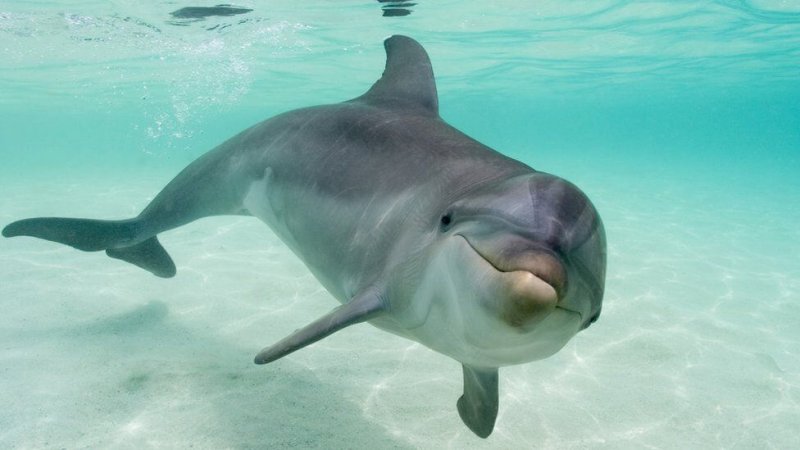Scientists like Dr Blake Morton, a Lecturer of Psychology from the University of Hull, suggest that [personality similarities across species] are due to humans and other primates having similar evolutionary histories. Like humans, for example, many other primates have evolved to be relatively intelligent and form societies comprised of friendships, families, and cultural traditions.
To test this idea further, Dr Morton and a team of other researchers studied personality in bottlenose dolphins.
…
Human behaviour is comprised of five personality traits, which (ironically for a study about dolphins) form the acronym OCEAN. These include: Openness (e.g. curious, playful, and active), Conscientiousness (e.g. reliable, predictable, and self-controlled), Extraversion (e.g. friendly, outgoing, and sociable), Agreeableness (e.g. kind, affectionate, and helpful), and Neuroticism (e.g. anxious, erratic, and emotionally unstable).
The researchers found that dolphins, like primates, have personality traits related to curiosity and sociability, specifically Openness and a personality trait that is a blend of Extraversion/Agreeableness.
…
“Throughout our lifetime, we interact and form relationships with a wide variety of people – dolphins do the same with each other. Collectively, being smart and social, regardless of what ecosystem you live in, may play an important role in the evolution of certain personality traits,” [Morton said.]































